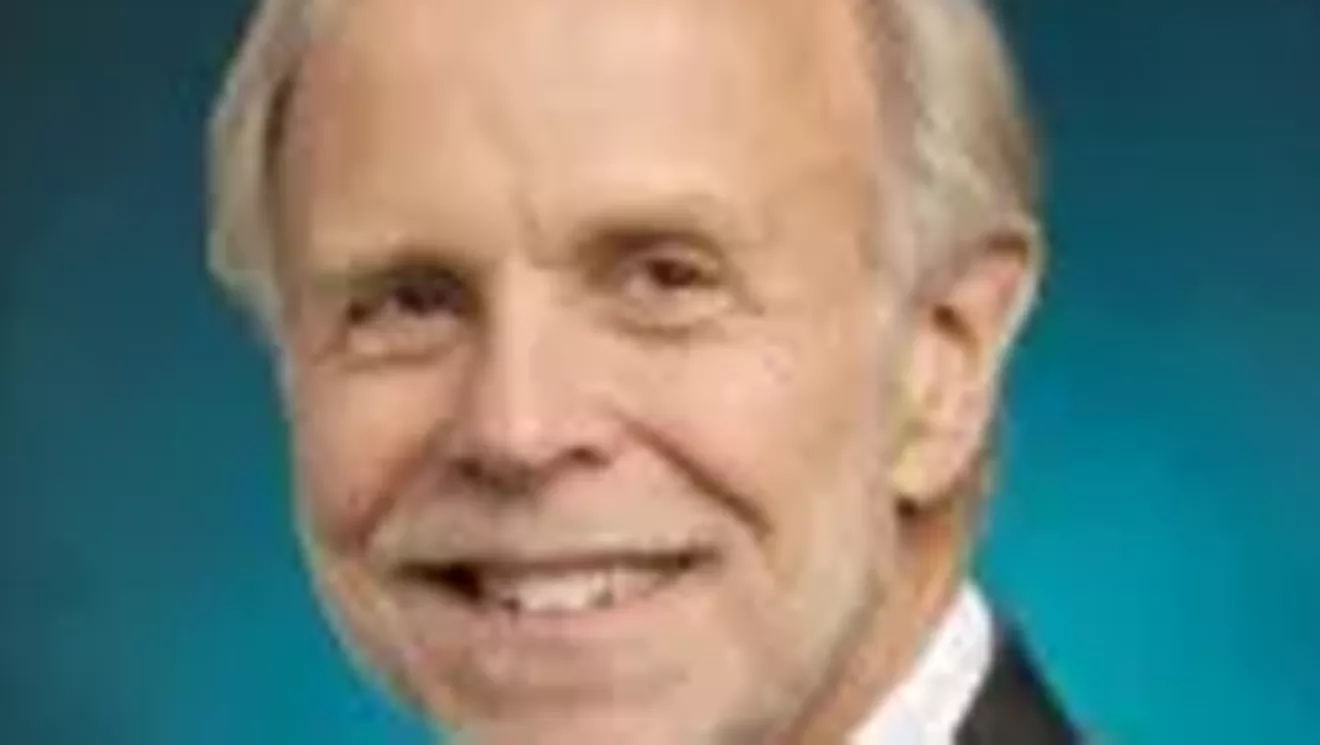
This community column is sponsored by Heartland Credit Union. Visit them at area branches and online at https://www.hcu.org/
These days, mention of the word “immigration” often conjures up issues related to politics, the law, culture, economics and even whether getting a speeding ticket makes a person a criminal. As a retired primary care physician with no special expertise in immigrant health care who was invited by a friend to join the Springfield Immigrant Advocacy Network, I now recognize that another important issue is how immigration and health care delivery in the U.S. relate to each other. So, here are six takeaways about the connections between immigration and health care.
First, the Oxford English Dictionary says that the term “migrant” was introduced into the English language in the mid-1600s by Sir Thomas Browne, an English physician and philosopher. Browne was a prolific gadfly who the OED credits with creating hundreds of other new words including “indigenous,” “prairie” and “hallucination.” His first book, Religio Medici, is said to have included sections about the importance of charity and his feeling that a person’s country of origin should be irrelevant to how that person is treated.
Second, in a 2023 survey of immigrants conducted by the Kaiser Family Foundation, 79 percent of respondents report being in good or excellent health, while 14 percent report having a chronic condition that needs ongoing care. A quarter of all immigrants, and half of undocumented immigrants, were uninsured. In a 2024 follow-up, a quarter of undocumented immigrants said they avoided applying for government assistance with food, housing or health care due to immigration-related fears.
Third, the Association of American Medical Colleges reports that 20 percent of U.S. practicing physicians are foreign born and trained. These international medical graduates are held to the same testing standards as American-born physicians, plus they complete additional assessments of clinical skills and English language proficiency. Many of them practice in underserved rural and urban places where American-born physicians are less likely to locate.
Fourth, in a research letter in the Journal of the American Medical Association, a community health team at Harvard estimates that among nursing aids and assistants in the U.S., about 250,000 are documented noncitizens and another 193,000 are undocumented immigrants. The researchers conclude that large scale deportations could result in significant health care workforce shortages.
Fifth, for years health care facilities were considered “sensitive locations” where immigration enforcement activities could not be conducted. This policy was rescinded in January 2025. The consequences of this policy change are addressed in a New England Journal of Medicine article from April 2025, titled “Health Care in an Evolving Immigration Landscape – Providing Care while Upholding the Law.” The authors recommend that all health care facilities should have protocols about how employees engage with immigration officials who enter the premises; that attorneys should be on call to review documents such as warrants and other actions these officials propose; that protected health information such as name, address, medical diagnoses and hospital discharge date should not be provided to immigration officials without a judicial warrant; that immigration status should not be noted in the medical record; that health care facilities designate clinic workspaces, patient rooms and waiting area as private spaces; and that immigration officials must not enter private areas without a valid warrant. Adopting these and other recommendations cited by the authors should help providers uphold the law and be protected from legal jeopardy as they care for patients.
And sixth, one conclusion from all of this is that the care of immigrants, documented or not, is a challenge that many clinicians and health care organizations feel unprepared to face. But the health care system and its providers really have no choice. A recent editorial in the journal JAMA Internal Medicine, titled “Upholding Our Duty to Care for Undocumented Immigrants,” is uncompromising. It states “Access to health care is a human right for all, and the most important action is to uphold our professional duty to put the health care needs of patients first.” So, the ethical principles of the health care system and its providers promise the right to health care to everyone who seeks it. We just need to keep working on getting it right. I suspect that Sir Thomas Browne would agree.


